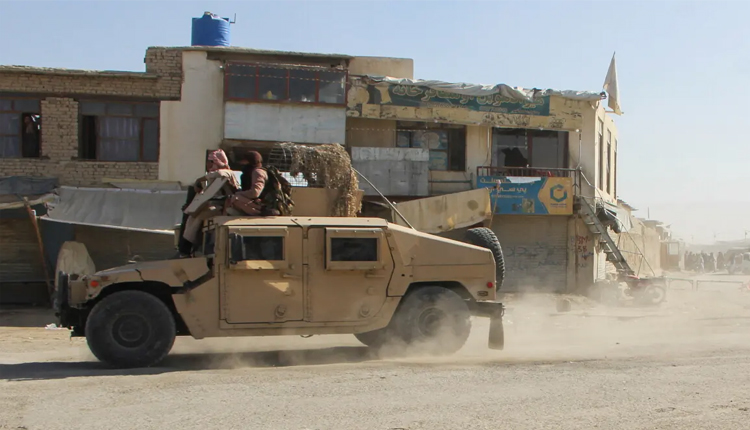New Delhi: Pakistan and Afghanistan have announced a fragile two-day truce on their volatile border to stop escalating hostilities which resulted in over 50 people, including civilians and soldiers, being killed.
The truce, which came into effect at 6:00 pm Pakistan time (6:30 pm IST) on Wednesday, is being seen as a welcome move given that the situation was building up and both sides agreed to dialogue to defuse tensions further.
The flare-up began late Tuesday and saw Pakistani forces rocket, shell and bomb Afghan targets in Kabul and Kandahar, as well as ground clashes at the Spin Boldak-Chaman crossing. Islamabad said its soldiers fought off two assaults, killing some 30 Taliban fighters and destroying several Pakistani tanks and outposts in revenge. Afghanistan retaliated, destroying a border post and capturing a tank, as Taliban spokesman Zabihullah Mujahid denounced the attacks as unprovoked aggression.
The tensions emanate from long-standing mutual accusations: Pakistan accuses Kabul of providing refuge to Taliban fighters conducting cross-border attacks, a spike which was observed after the Taliban’s 2021 seizure of power — allegations that Afghan authorities reject outright, as they insist they have barred their territory’s use against neighbours.
Airstrikes destroyed homes in a Kandahar district, spinning Boldak, and killed at least 15 civilians, including women and children, and wounded over 100, according to Afghan officials. Before the truce, at least five other people were killed and 35 more wounded in explosions in Kabul.
Saudi Arabia and Qatar have called for restraint, as there are fears that it could escalate into a wider regional conflagration involving groups such as ISIS (the Islamic State of Iraq and Syria) or al-Qaeda. With major crossings sealed off, the truce provides a slim breathing space for negotiations, but analysts caution that deep distrust continues to lurk beneath the surface and threatens stability in South Asia.



Comments are closed.